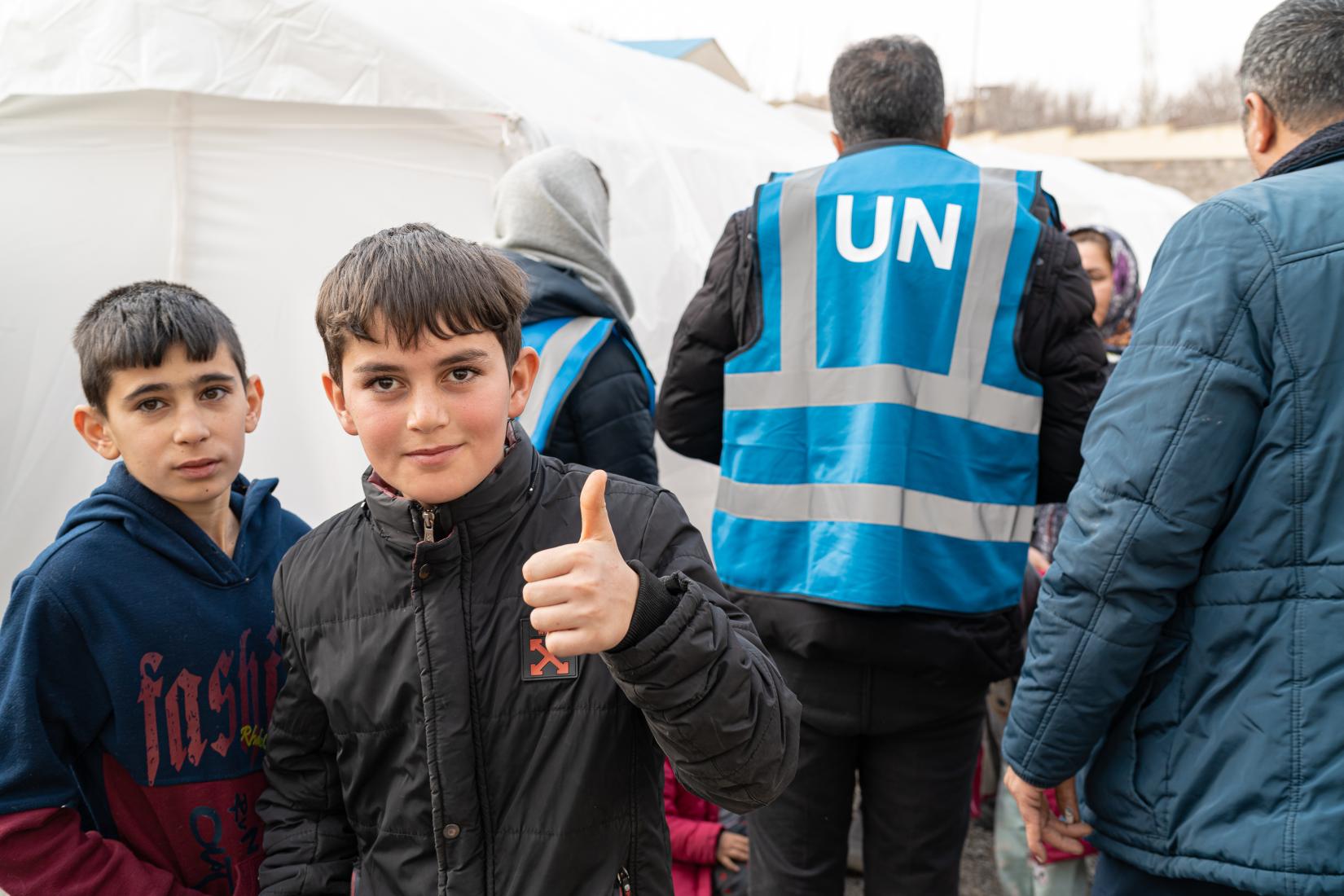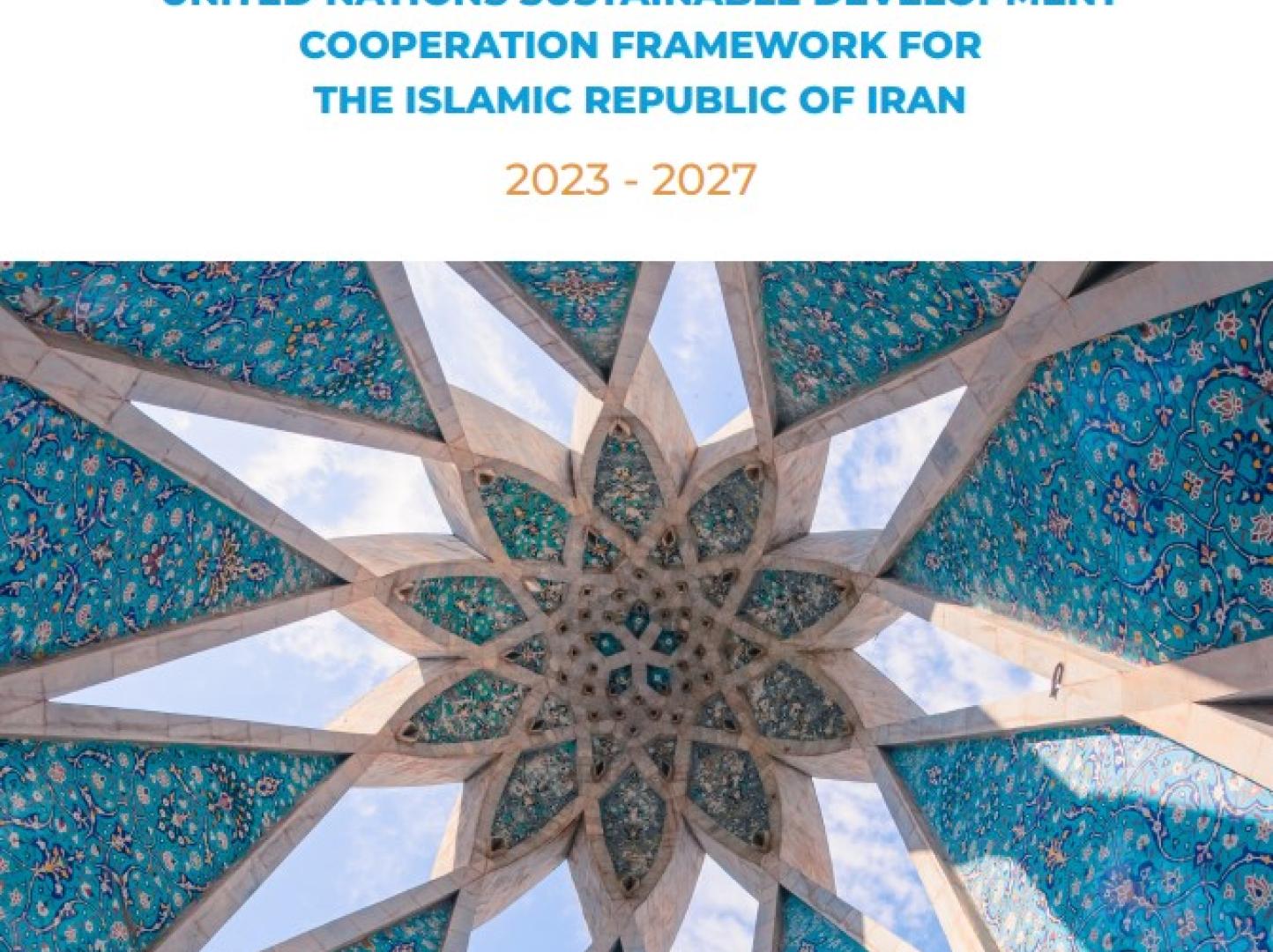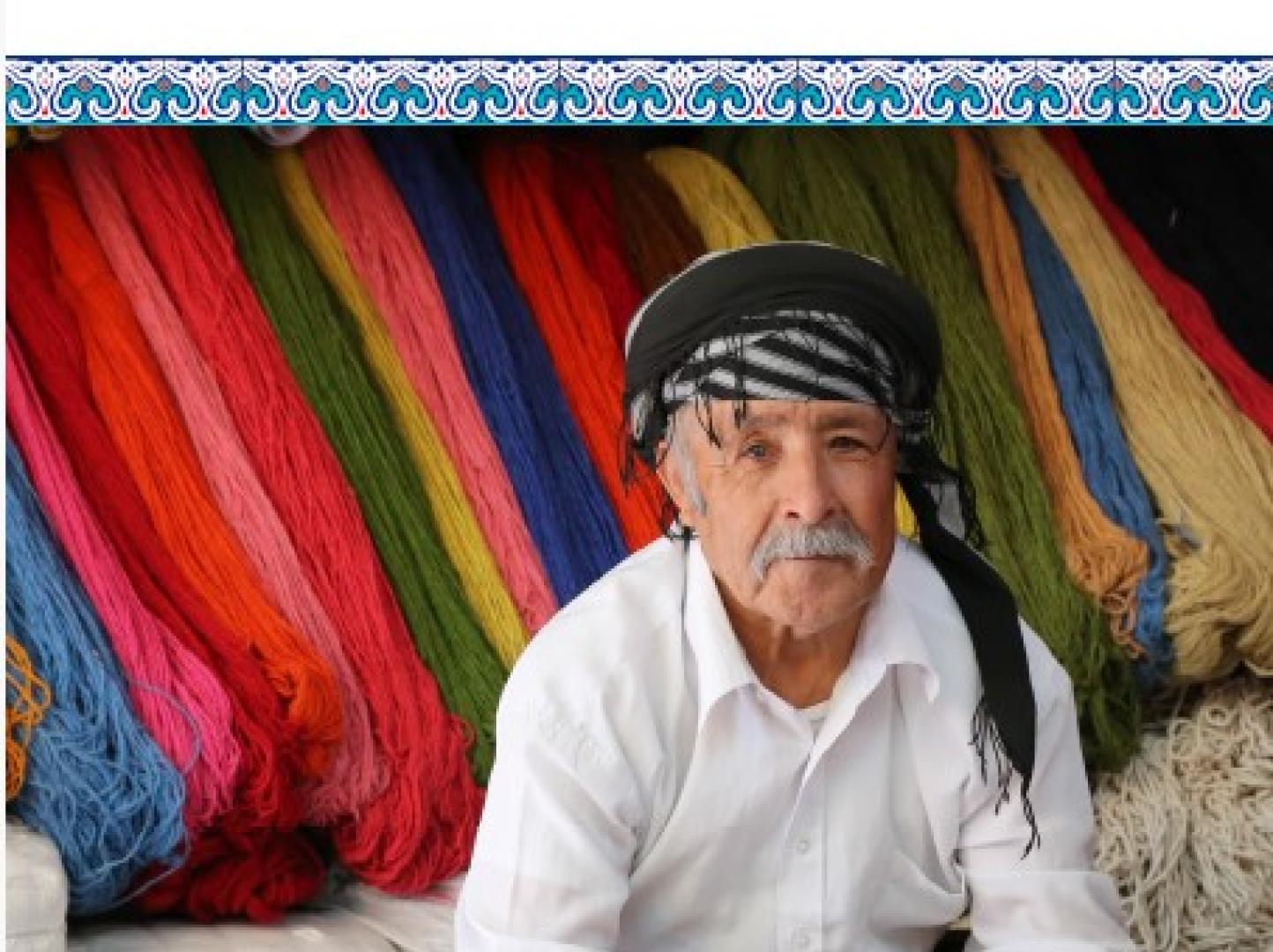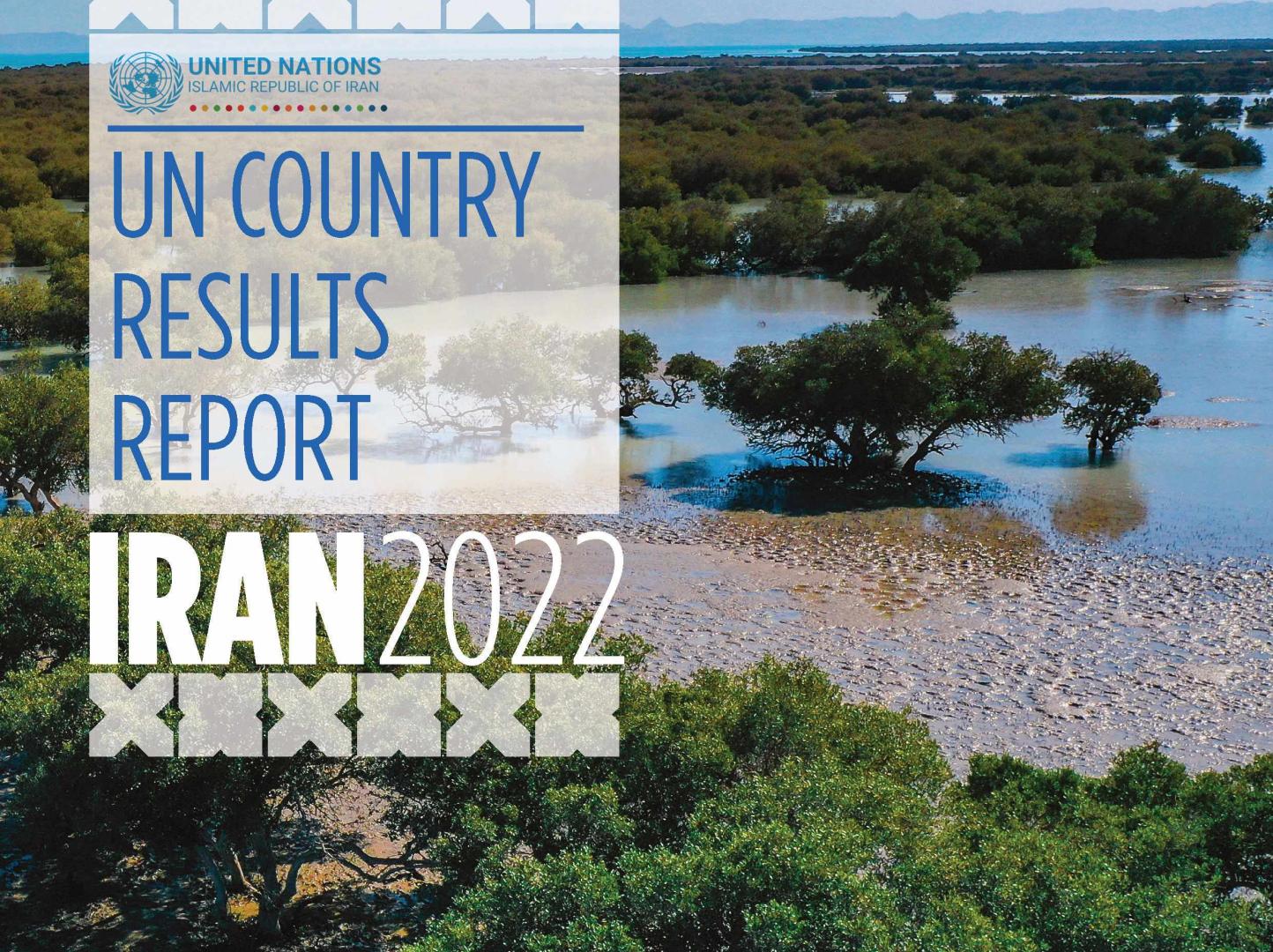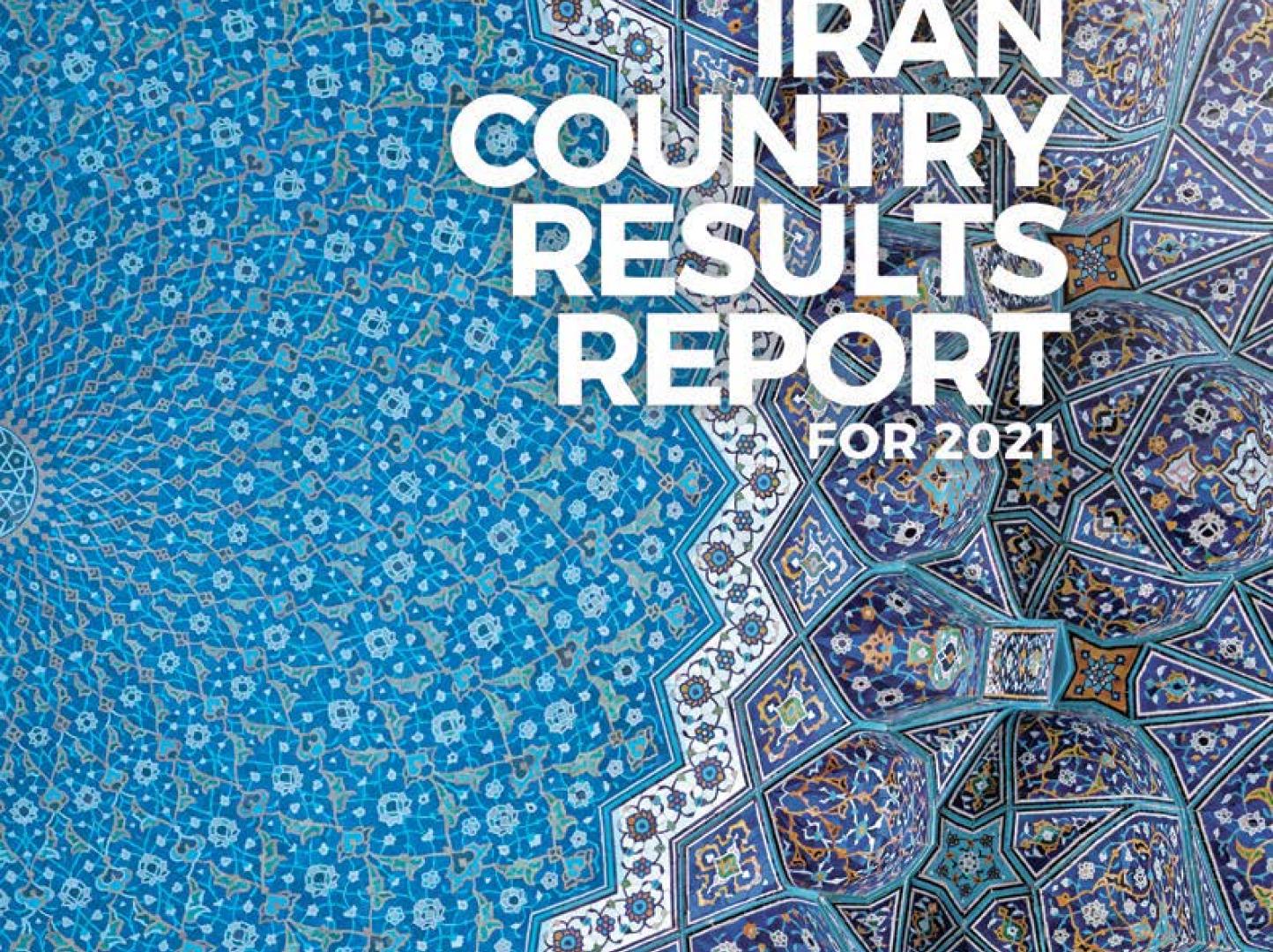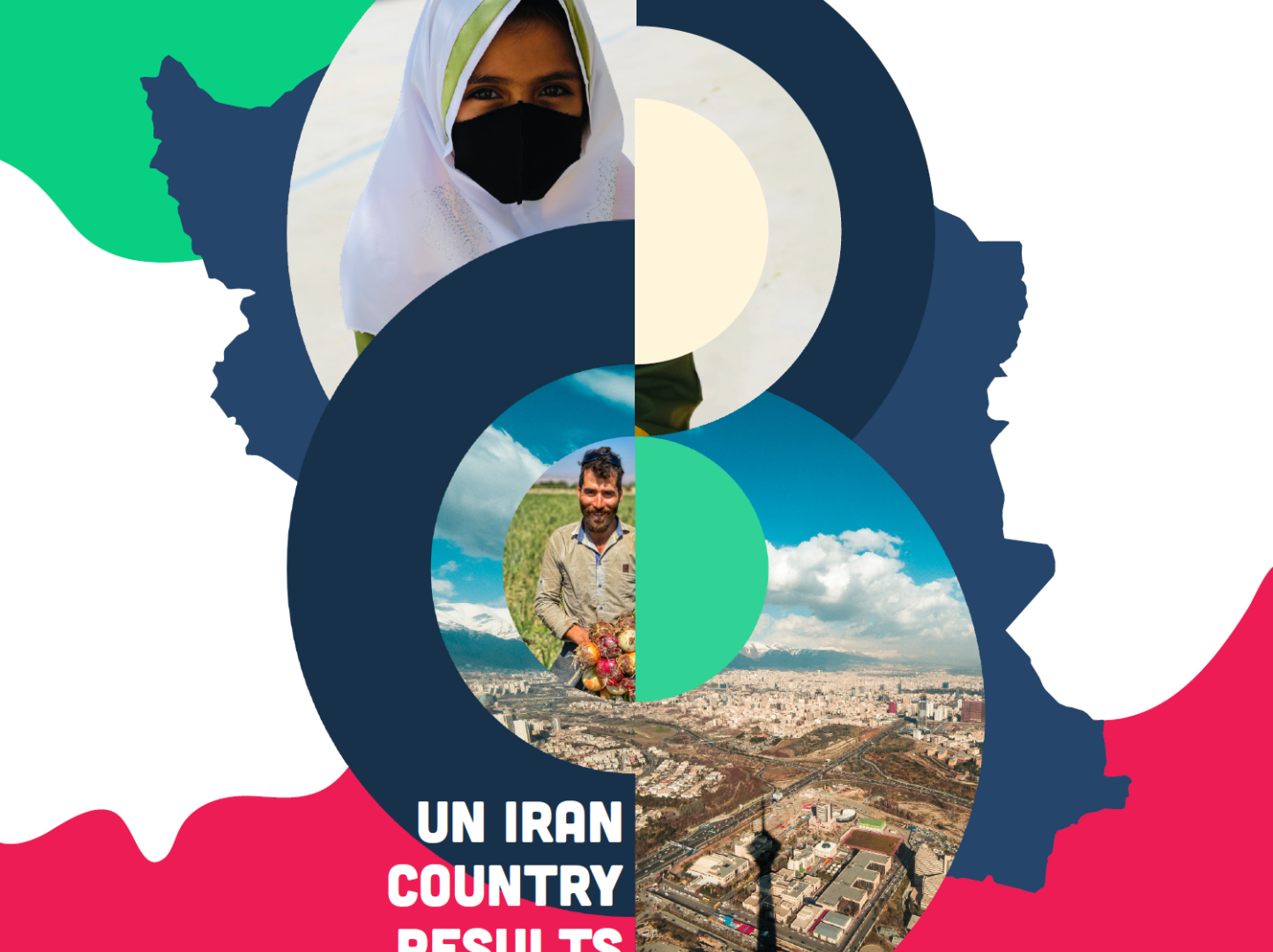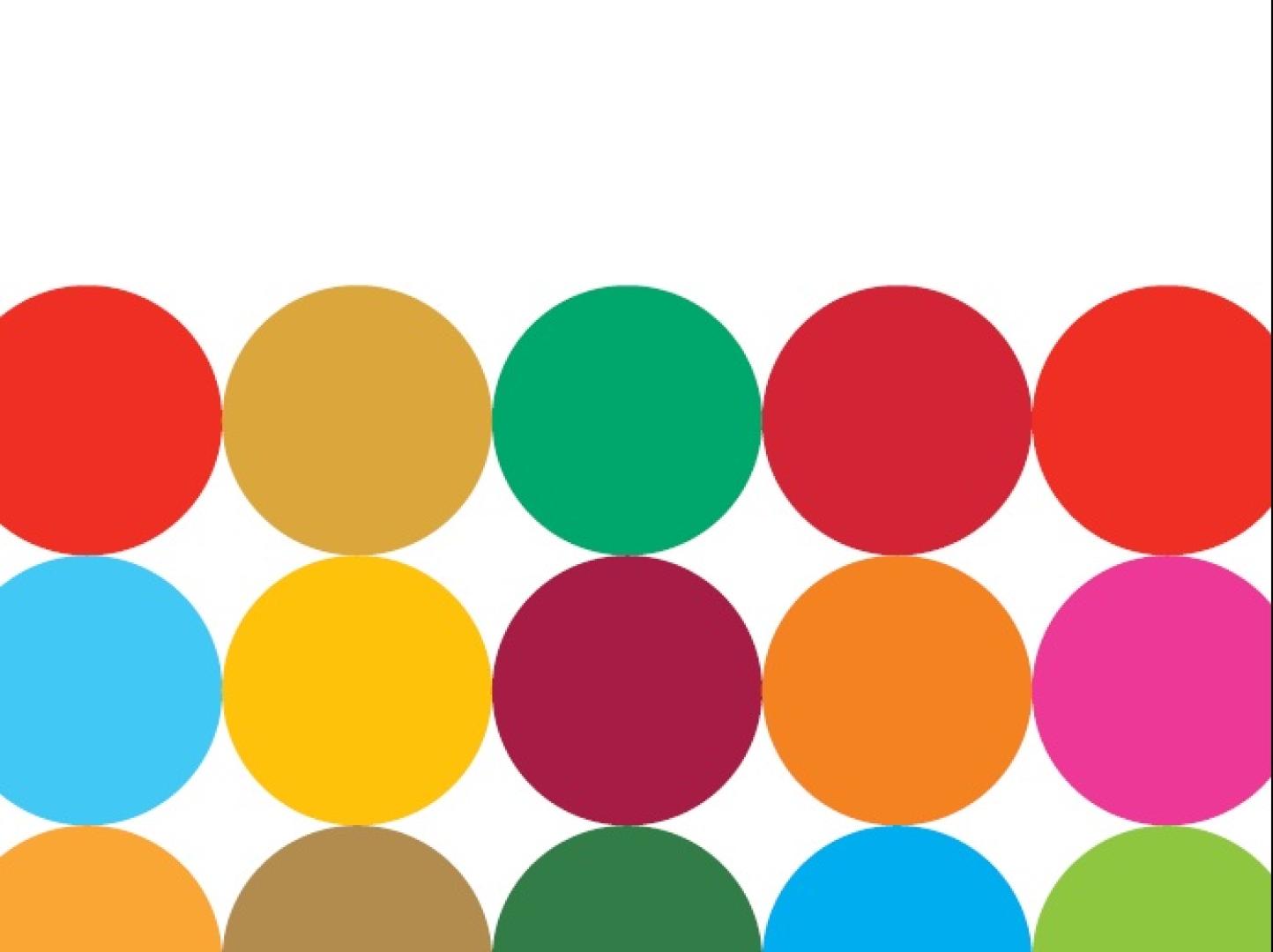Iran joined the United Nations in 1945 as one of the original fifty founding members. Today, the Islamic Republic of Iran is an active member of the United Nations. UN Information Centre opened its office in Tehran in 1950. The United Nations Children's Fund office opened the following year. Other United Nations entities soon followed.
UN entities in Iran:
In the Islamic Republic of Iran, the United Nations is represented by 23 resident and non-resident agencies, funds and specialized programmes, which carry out activities according to their respective roles and functions.
As in all countries in the world, the sustainable development activities of UN entities in the Islamic Republic of Iran is guided by a programmatic framework, titled the United Nations Sustainable Development Cooperation Framework (UNSDCF). The current framework was signed in 2022, covering the period from 2023-2027. It is based on equitable, inclusive, resilient, and sustainable growth, mainstreamed across five strategic priorities.
At the same time, entities of UN Iran also provide support to the host country on the humanitarian front. The Islamic Republic of Iran is host one of the largest refugee and people in a refugee like situation in the world, hosting 3.8 million refugees and people in refugee-like situations. The country has generously hosted refugees for over four decades. (source: UNHCR 2024)
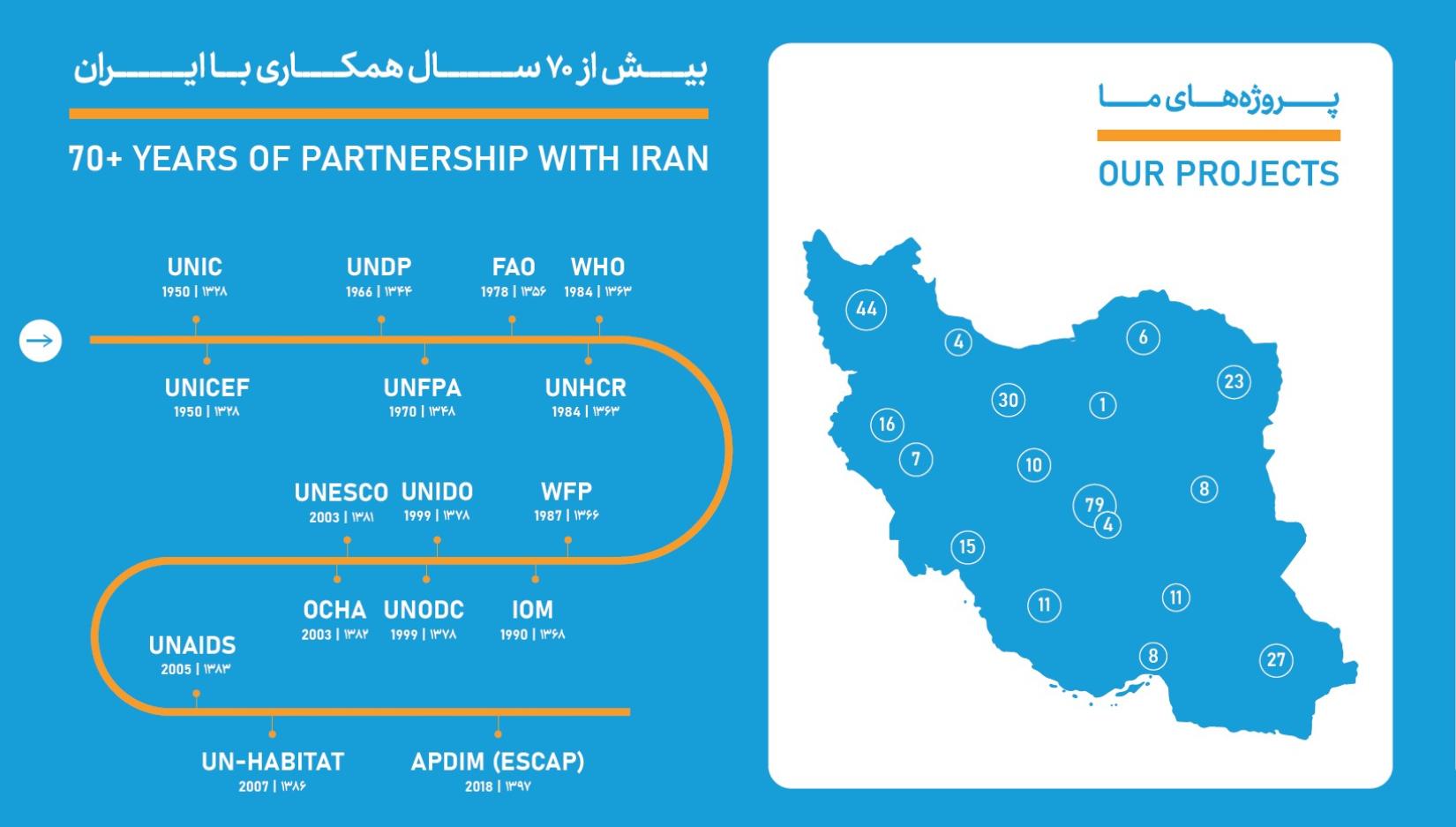
What we do:
The United Nations Sustainable Development Cooperation Framework for 2023-2027 was developed jointly by the Government of Iran and the UN to support Iran's national development goals. Consultations identified a vision for equitable, inclusive, resilient, and sustainable growth and development, it includes the following five strategic priorities guide the UN's work in Iran:
(a) Socio-economic resilience: Supporting policies for a full-employment economy and the demographic dividend, focusing on education and skills development. UN agencies will help foster inclusive growth, human and social capital development, and access to social protection services.
(b) Public health: Working towards improved public health management systems, a resilient health system that addresses vulnerabilities, and promoting healthy lifestyles. This includes supporting service delivery, health information systems, capacity development of the health workforce, and enhancing the availability and affordability of medicines.
(c) Environment: Promoting environment-friendly policies, improved management of natural resources, biodiversity conservation, and increasing national capacities to address climate action, including through international advocacy for climate finance.
(d) Disaster risk reduction and management: Supporting programs that integrate disaster risk reduction into development plans and strengthening institutional capacities for effective disaster preparedness, response, and recovery.
(e) Impacts of drug use and drug trafficking: Supporting improved access to evidence-based drug prevention, treatment, harm reduction, and drug-related services, and strengthening national capacity for effective border management and drug trafficking control.

